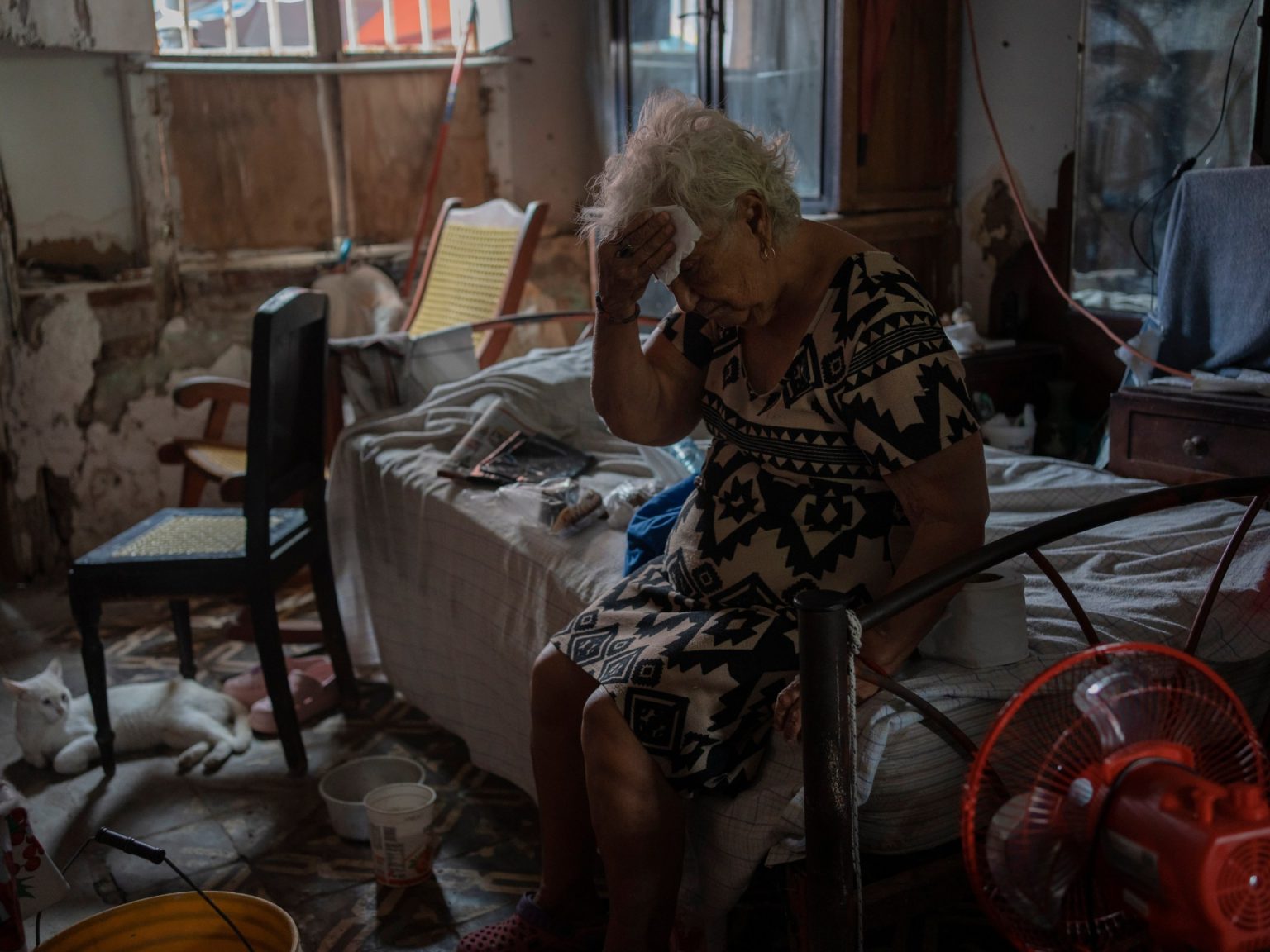Deadly heat waves that hit the United States, Mexico, and Central America were found to be 35 times more likely due to global warming, according to the World Weather Attribution group. The extreme highs experienced in May and June were also four times more likely to occur today compared to a quarter of a century ago. These record-breaking heat waves resulted in at least 125 deaths in Mexico and caused thousands more to suffer from heat strokes, a condition that can be fatal.
The full impact of heat-related deaths is often difficult to determine, as they may not be confirmed or reported until months after the event, if at all. As the world continues to emit greenhouse gases into the atmosphere through burning fossil fuels, millions more people are at risk of being exposed to dangerous levels of heat in the future. This year has already seen some of the hottest temperatures on record, even before the official start of summer in the Northern Hemisphere.
Experts warn that heat is the deadliest form of extreme weather and is often underestimated. Vulnerable populations, such as children, the elderly, and outdoor workers, are particularly at risk. In Mexico and Central America, factors like poor housing conditions and limited access to cooling services can exacerbate the effects of extreme heat, especially for those living in informal settlements. The stability of electricity supply, which is crucial for healthcare facilities, is also threatened by extreme heat events.
In response to these risks, scientists recommend the implementation of extreme heat warning systems and action plans to improve Central America’s preparedness for future heat waves. Safety measures need to be put in place to protect outdoor workers who are more exposed to extreme temperatures. It is clear that as climate change continues to worsen and temperatures rise, the importance of adapting and mitigating the impacts of extreme heat events becomes even more critical.
Overall, the recent deadly heat waves in the United States, Mexico, and Central America highlight the urgent need for action to address the impacts of global warming. By reducing greenhouse gas emissions, improving infrastructure and housing conditions, and implementing safety measures, it is possible to reduce the risks posed by extreme heat events. As temperatures continue to rise, it is crucial to prioritize the protection and well-being of vulnerable communities and ensure that countries are adequately prepared to handle the challenges posed by climate change.


